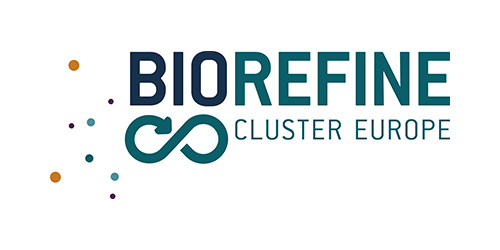A genuine approach to close nutrient loops
Nutri2Cycle will help closing nutrient loops with a genuine approach that will consist of:
- Identifying the most efficient types of farm systems in Europe using a common methodology.
- Defining indicators to monitor and demonstrate the environmental advantages of more efficient, closed nutrient loops in a comprehensive way.
- Establishing innovative business cases at pilot scale (12-16 pilots) that will act as a light-house example for effective out-scaling.
Objectives
From farmers to end-users: targeting the whole value chain
Nutri2Cycle will interact with all actors influencing nutrient cycles to:
- Create more efficient and sustainable farm business models for nutrient recovery and recycling.
- Spread the results at regional, national and European level throughout a comprehensive network of regional operational groups, National Task Forces and European stakeholders.
- Assess how the products obtained through the identified business models can aim for labelling and reach end-users.
- Provide scientific support on effective regulatory frameworks to reduce emissions and increase self-reliance of Europe for food, energy and nutrients in the next century.
Focus
The research of Nutri2Cycle will focus on three pillars:
- agro-processing
- animal husbandry
- plant processing
The recovery of nitrogen and phosphorus in farms can be significantly improved by creating better synergies between animal breeding and crop production. These improvements will facilitate the return of carbon to soil and reduce greenhouse gas emissions, which could be combined with the production of energy for self-consumption on-farm.
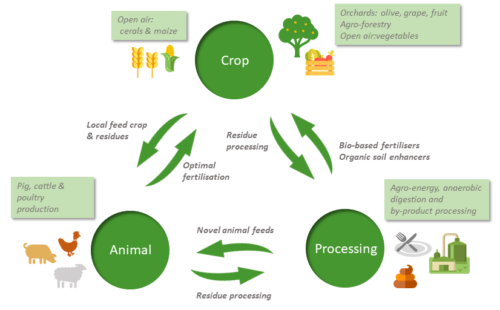
Workplan
Will map the current flows and systems with regards to N (nitrogent), P (phosphorus) and C (carbon) to set the baseline against which to benchmark innovation and progress.
Will propose changes for the efficient management of farm systems and/or the introduction of innovative technologies at farm level able to close N, C and P loops, including via GHG emission reductions.
Preselected demo cases and other innovative case studies selected along the project will be tested at demonstration scale. The information collected will be used for successive environmental, micro a macro-economic impact assessments and human factor evaluations.
Will quantify the impact (at farm level) of agro-ecology systems by developing a comprehensive toolbox with techno-economic and environmental data.
Will calculate the impact potential by extrapolating the farm level to the regional and European levels.
Will bridge the gap between producers and end-users and their demand for quality and quantity. It will assess ecolabels and the impact of more sustainable farming systems on consumers behaviour. Results will feed in WP2 and WP4 to evaluate if and how the optimized systems can consider the methodological requirements for labelling.
Will target the translation into practice by developing prototype demo’s showcasing the different technological innovations. The experience of the demos will be fed into WP2 and WP3, as this will guarantee a better effectiveness of the selected solutions.
Will handle the interaction, communication and exchange of experience with stakeholders/OGs as well as the dissemination of results to peer academics and policy-makers and ultimately the outreach to final consumers.
Will cover the coordination and management of the project.
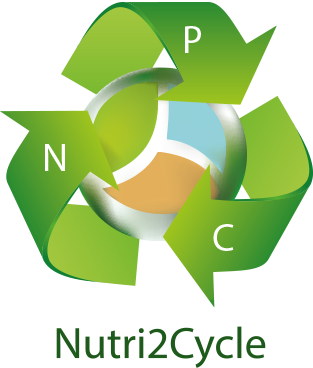
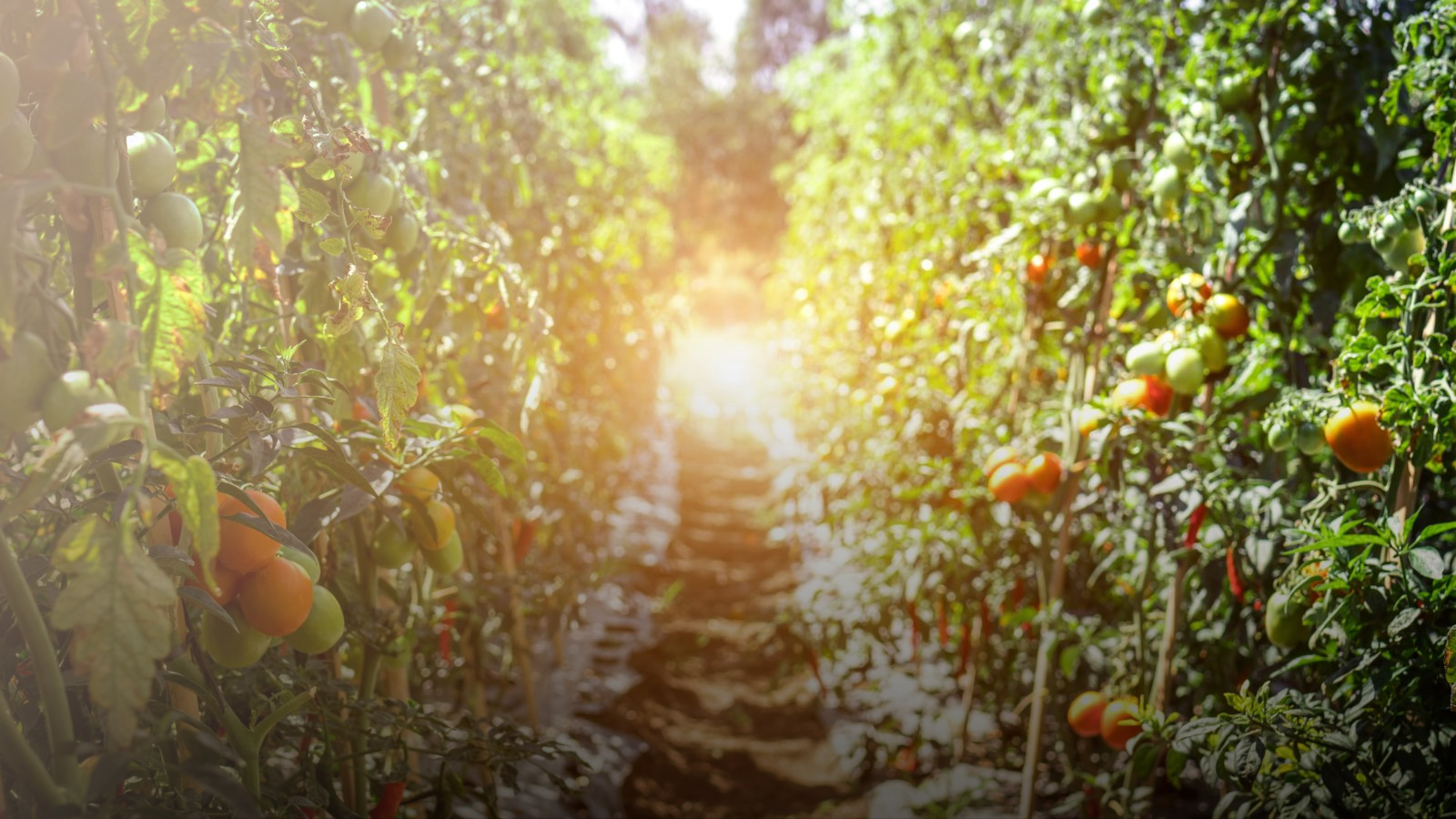
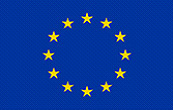 This project has received funding from the European Union’s Horizon 2020
This project has received funding from the European Union’s Horizon 2020